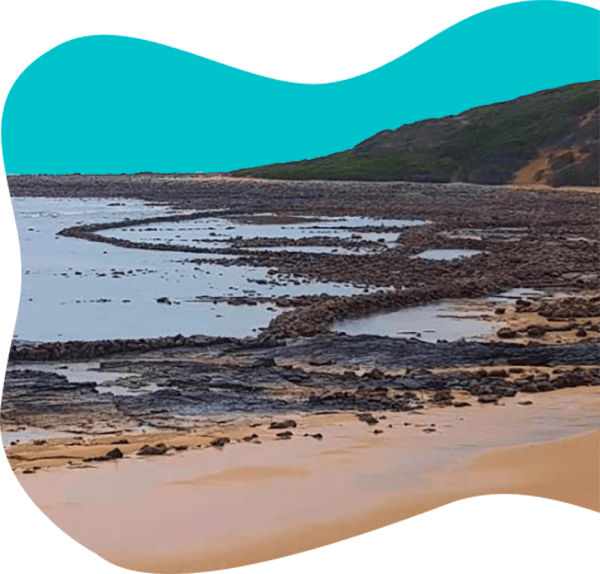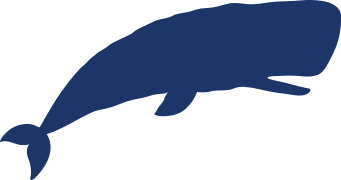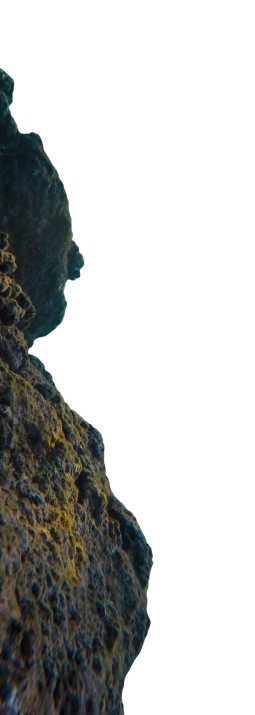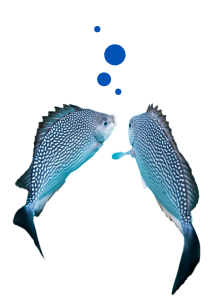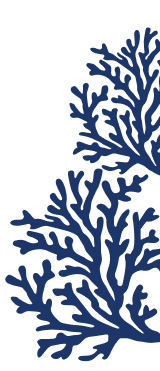
TODAY, AND EVERY DAY,
Sea levels are rising and marine ecosystems are in peril
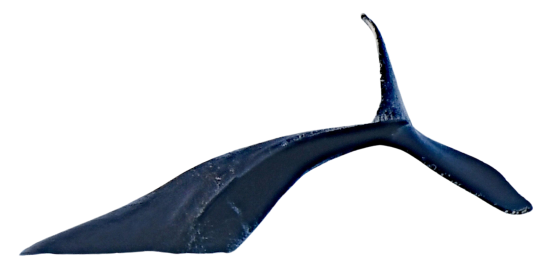
Sea levels have risen at
an average global rate of
3.3 millimeters
annually since 1993.
Just a 10cm rise in local sea levels triples the frequency of coastal floods. Meanwhile, every 1cm rise results in an average 1-metre recession of coastline.

Plastic pollution is
entering the world’s
oceans at a rate of over
14 million tonnes
per year. That’s the
weight equivalent of
100 000 blue whales.
At current rates, this could increase to 23-47 million annual tonnes by 2040.
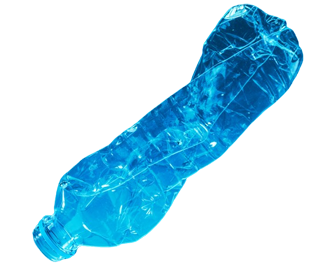
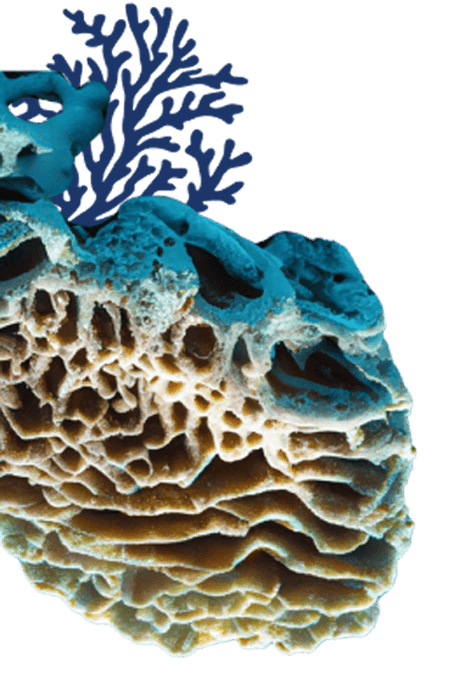
This is mainly caused by increased levels of carbon dioxide in the atmosphere. More acidic oceans prevent marine animals from forming shells and exoskeletons, and kill off coral reefs and other crucial ecosystems.

Ocean acidification
has increased by
30%
per year. That’s the
in the last two
hundred years.
Plastic pollution is
entering the world’s
oceans at a rate of over
14 million tonnes
per year. That’s the
weight equivalent of
100 000 blue whales.
At current rates, this could increase to 23-47 million annual tonnes by 2040.

In Papua New Guinea (PNG), the
ocean is an integral part of life
In Papua New Guinea (PNG), the ocean is an integral part of life
of PNG’s territory is
made up of oceans.
Its oceans are home to over





2,000
fish species and
500

coral species
This rich marine life is supported by a complex ecosystem of coral reefs, seagrass meadows, and mangrove forests.
24% of the
population lives
within 10km of PNG's
17,110km coastline.
on the oceans for their
income and survival.
24% of the
population lives
within 10km of PNG's
17,110km coastline.
on the oceans for their
income and survival.
In this low-lying island atoll, increased storms, rising sea levels, and changing ocean temperatures pose serious threats to the:
In this low-lying island atoll,
increased storms, rising sea levels,
and changing ocean temperatures
pose serious threats to the:
- people
- land
- infrastructure
- ecosystems
- communities and livelihoods
GUTPELA BISNIS
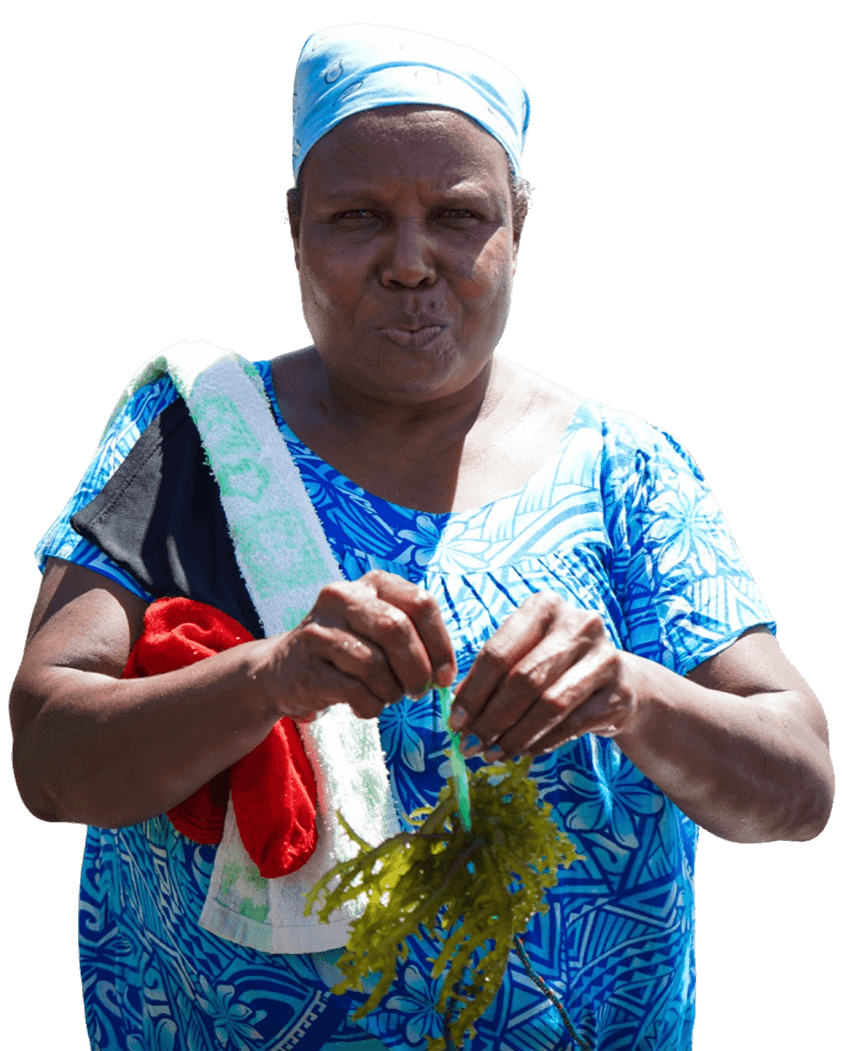


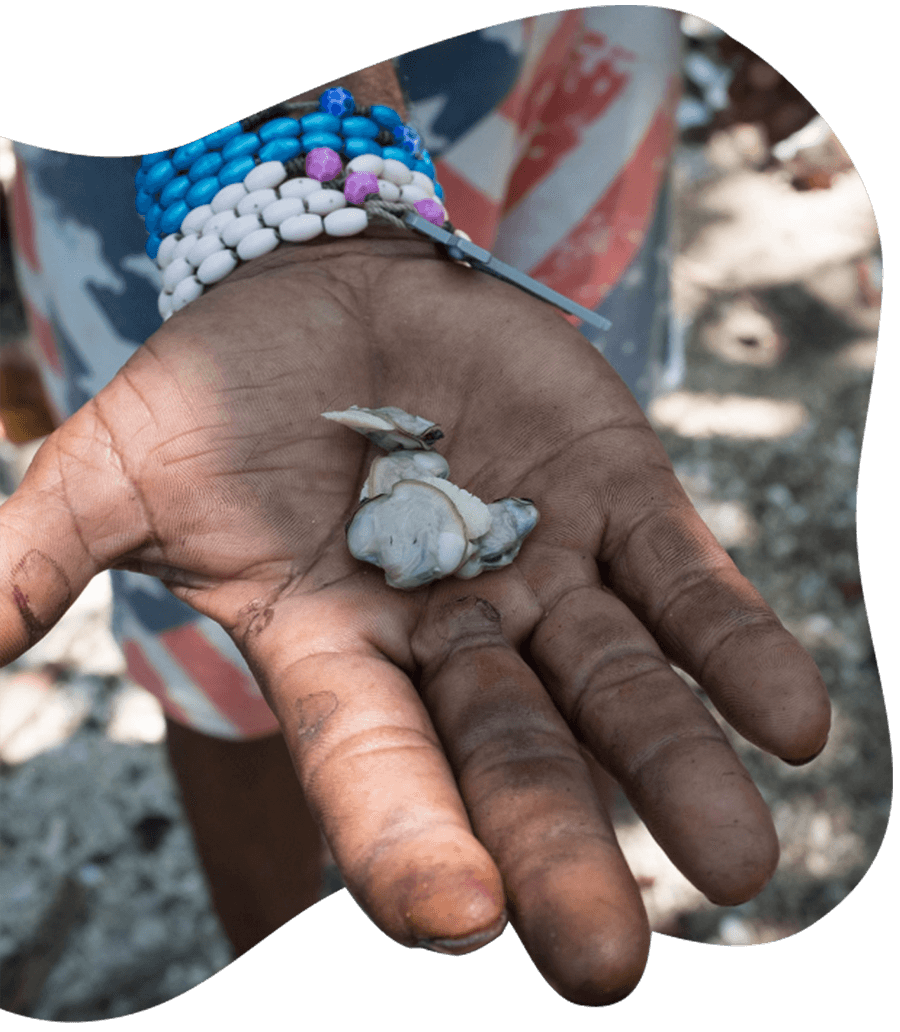
Small businesses and community-led projects are making big waves in areas like eco-tourism, innovative ocean products, and coral reef restoration.
The UNDP-supported Gutpela Solwara, Gutpela Bisnis project –meaning “Good oceans, good business” in the local tok ples language – shows that sustainable livelihoods and marine protection can go hand-in-hand.
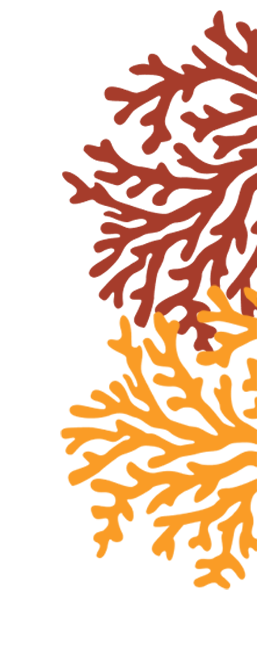
One of the cornerstones of the Gutpela Solwara Gutpela Bisnis project is the Blue Business Accelerator. The Accelerator’s key programme is the Blue Economy Enterprise Incubation Facility (BE-EIF).
This Incubation Facility helps blue businesses to find their feet, with a focus on small, reef-positive businesses, especially those led by women.
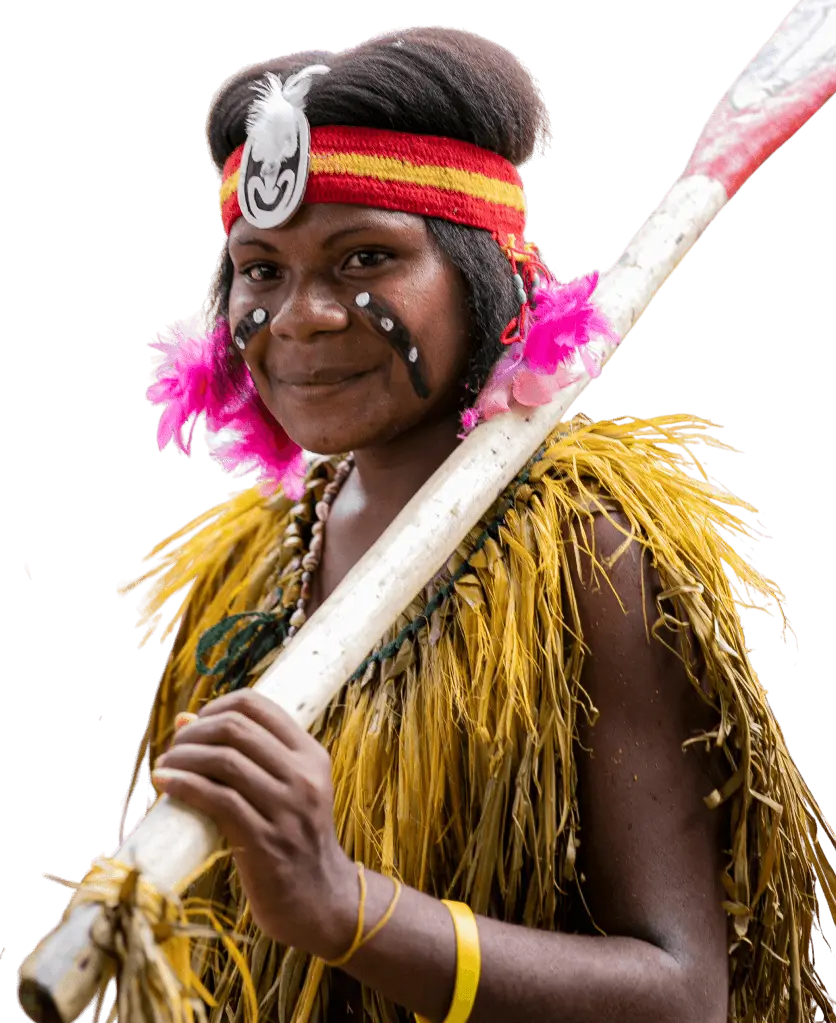


Community-based
sea cucumber management
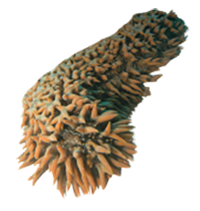
Sea cucumbers are traditionally harvested from seagrass meadows by women and children. After a disastrous fishery collapse in 2009, a new networked community-based management system is helping prevent overharvesting of the “gold bar of the sea” on Manus island.
At the Torres Strait Tropical Rock Lobster Fishery, freedivers hand-harvest rock lobsters from small boats to avoid bycatch and reef damage. The fishery was certified by the Marine Stewardship Council in 2023 for its sustainable, heritage-based practices.
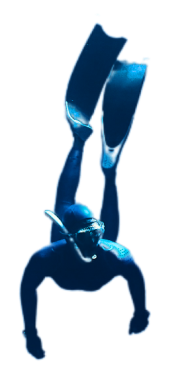
Freediving and
hand-harvesting
rock lobster.
Protecting coral reefs through traditional knowledge
Non-profit Sea Women of Melanesia combines deep knowledge of ocean ecosystems and environments with cutting-edge technology, to document and conserve fragile coral reefs. By training women to dive, SWoM are also showing that traditions can be changed to meet modern needs.
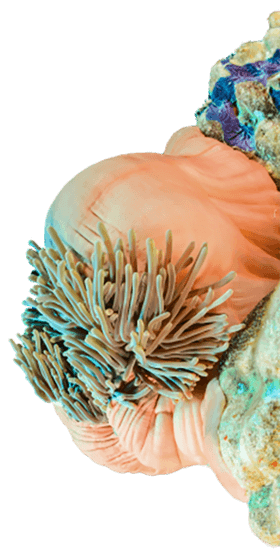
In Longonvai Island, New Ireland Province, communities are using traditionally built stone weirs called Ngoto as fish traps. The use of Ngoto has been revived after a hundred-year gap, helping communities combat some of the effects of climate change and rising sea levels. They are closely linked with social and spiritual rules for how they are used and accessed.
Traditional stone
weirs and rising
sea levels
